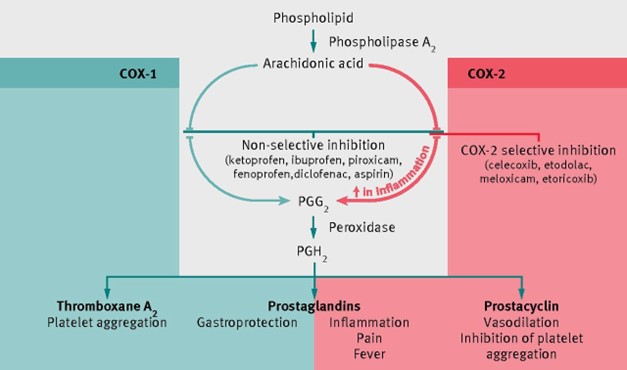Which action is appropriate for a nurse to remove a soiled wound dressing?
Saturate dressing thoroughly with saline before removing the dressing.
Remove the dressing from the wound and place in a bag for contaminated items.
Use the old dressing to debride any tissue that is adhered to the wound.
Reinsert the drain if removed with the dressing and let the surgeon know.
The Correct Answer is B
This is the appropriate action because it prevents the spread of infection and maintains a clean environment.
The nurse should also wear gloves and dispose of the bag properly.
Choice A is wrong because saturating the dressing with saline before removing it can cause maceration of the skin and increase the risk of infection. The dressing should be removed gently and carefully, and if it is adhered to the wound, small amounts of sterile saline can be used to loosen it.
Choice C is wrong because using the old dressing to debride any tissue that is adhered to the wound can cause trauma, bleeding, and pain. The nurse should use sterile forceps or cotton- tipped applicators to gently press moistened gauze into the wound surfaces.
Choice D is wrong because reinserting the drain if removed with the dressing can cause injury and infection. The nurse should notify the surgeon immediately if the drain is accidentally removed.
Nursing Test Bank
Naxlex Comprehensive Predictor Exams
Related Questions
Correct Answer is B
Explanation
This is because non-steroidal anti-inflammatory drugs (NSAIDs) are medicines that are used to treat rheumatoid arthritis by reducing pain, inflammation, and swelling.

However, NSAIDs do not slow down the disease progression or prevent joint
damage. Therefore, they are often used along with other types of medications, such as methotrexate or biologics, that can modify the disease course. NSAIDs may take up to two weeks to reach their full anti-inflammatory effect.
Choice A is wrong because using aspirin to relieve other types of pain can increase the risk of bleeding and stomach ulcers when taken with NSAIDs.
Choice C is wrong because taking the medication on an empty stomach can increase the risk of stomach irritation and ulcers.
Choice D is wrong because taking the medication after exercising does not prevent the progression of disease or joint damage.
Correct Answer is C
Explanation
What has it been like for you since your wife died? This statement shows empathy and invites the client to share his feelings and experiences.
It also acknowledges the client’s loss and validates his grief.
Choice A. Tell me how your wife died.
This statement is too intrusive and may cause the client to feel uncomfortable or defensive. It also focuses on the past event rather than the present situation.
Choice B. Have you considered attending a grief group? This statement is too premature and may imply that the nurse is trying to solve the client’s problem or dismiss his feelings.
It also assumes that the client needs or wants a grief group.
Choice D. You have wonderful children and grandchildren who are very supportive.
This statement is too superficial and may minimize the client’s grief or make him feel guilty. It also shifts the attention away from the client and his wife.
Whether you are a student looking to ace your exams or a practicing nurse seeking to enhance your expertise , our nursing education contents will empower you with the confidence and competence to make a difference in the lives of patients and become a respected leader in the healthcare field.
Visit Naxlex, invest in your future and unlock endless possibilities with our unparalleled nursing education contents today
Report Wrong Answer on the Current Question
Do you disagree with the answer? If yes, what is your expected answer? Explain.
Kindly be descriptive with the issue you are facing.
